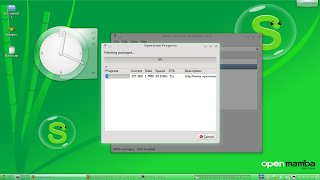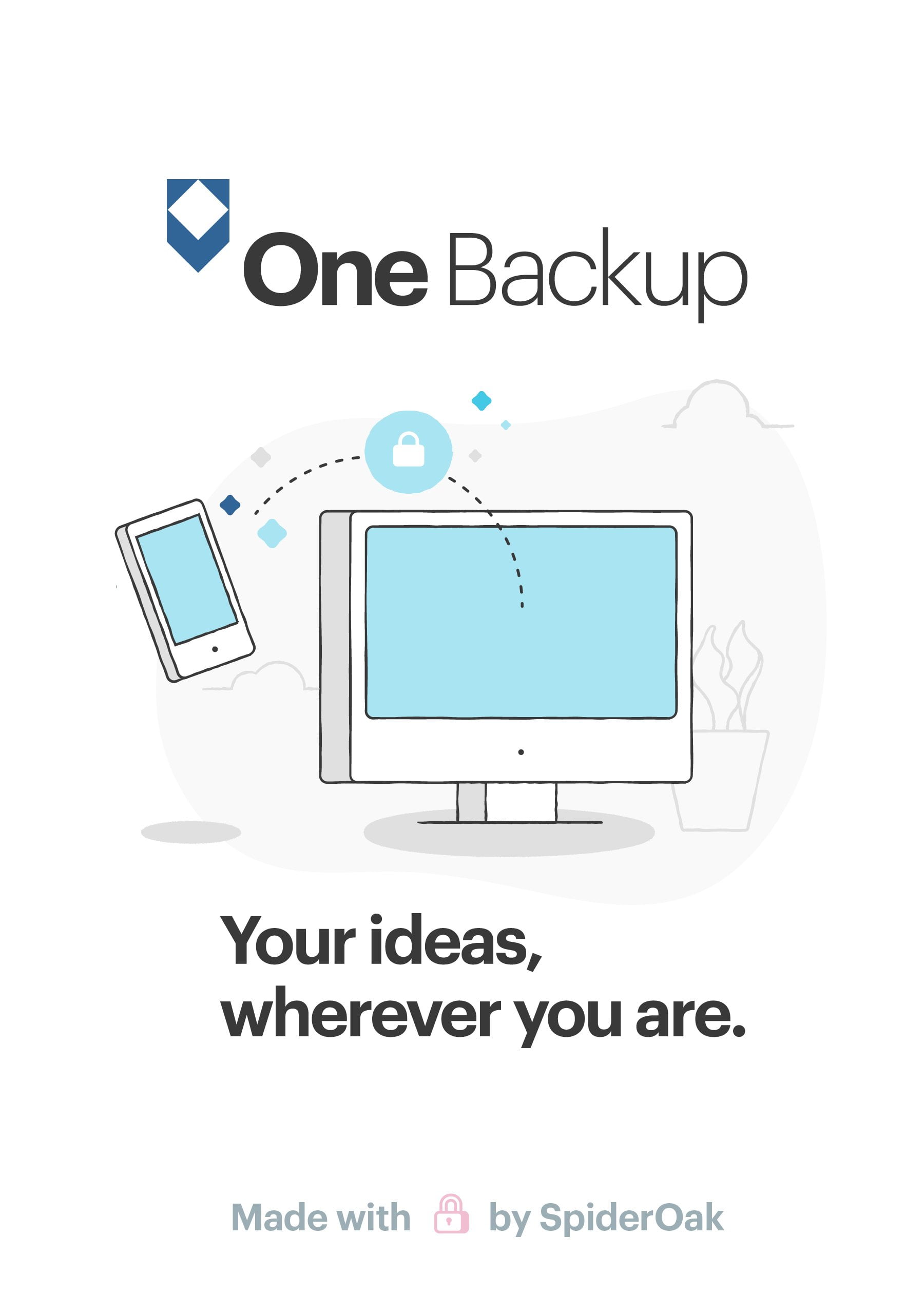

- #Spideroak command line mac os x#
- #Spideroak command line software#
- #Spideroak command line download#
- #Spideroak command line free#
# ("password" | ConvertTo-SecureString -AsPlainText -Force) # If required, add the repository access credential here $NugetRepositoryUrl = "INTERNAL REPO URL" # Should be similar to what you see when you browse Your internal repository url (the main one). # We use this variable for future REST calls. ::SecurityProtocol = ::SecurityProtocol -bor 3072 # installed (.NET 4.5 is an in-place upgrade). NET 4.0, even though they are addressable if. # Use integers because the enumeration value for TLS 1.2 won't exist # Set TLS 1.2 (3072) as that is the minimum required by various up-to-date repositories. # We initialize a few things that are needed by this script - there are no other requirements. # You need to have downloaded the Chocolatey package as well.
#Spideroak command line download#
Download Chocolatey Package and Put on Internal Repository # # repositories and types from one server installation. # are repository servers and will give you the ability to manage multiple
#Spideroak command line software#
# Chocolatey Software recommends Nexus, Artifactory Pro, or ProGet as they # generally really quick to set up and there are quite a few options. # You'll need an internal/private cloud repository you can use. Internal/Private Cloud Repository Set Up # # Here are the requirements necessary to ensure this is successful. Your use of the packages on this site means you understand they are not supported or guaranteed in any way.
#Spideroak command line free#
With any edition of Chocolatey (including the free open source edition), you can host your own packages and cache or internalize existing community packages. Packages offered here are subject to distribution rights, which means they may need to reach out further to the internet to the official locations to download files at runtime.įortunately, distribution rights do not apply for internal use. If you are an organization using Chocolatey, we want your experience to be fully reliable.ĭue to the nature of this publicly offered repository, reliability cannot be guaranteed.


ModerationĮvery version of each package undergoes a rigorous moderation process before it goes live that typically includes: EF addresses this issue with this file renaming script.Welcome to the Chocolatey Community Package Repository! The packages found in this section of the site are provided, maintained, and moderated by the community. I submitted a question to SpiderOak re file/folder name issues a la Dropbox’s FAQ. I haven’t tested SpiderOak yet due to that (hopefully temporary) limitation.Īnother comment there from Daniel SpiderOak:ĭropbox is targeted novice users while we spideroak are much more aimed at advanced users with real security and customization needs. The vast number of iOS apps that work with Dropbox make it almost impossible to leave Dropbox behind. Per Matthew Guay in a reply to comments on his Dropbox vs SpiderOak: File Sync Battle article. We will be adding support for these in the future. Like most backup systems, SpiderOak does not store the atime (last access time) of a file.Īlso, SpiderOak does not store Finder colors, or spotlight comments.
#Spideroak command line mac os x#
SpiderOak also retains and restores the contents of Mac OS X resource forks.

SpiderOak retains Unix/Mac file and folder attributes structures, including uid, gid (ownership), permissions, ctime, and mtime. These types of files typically only work on the operating systems they were created on.ĭoes SpiderOak keep and restore Mac OS X resource forks, finder color labels, spotlight comments? Owners, permissions, timestamps? Avoid syncing files that use metadata (or resource forks), including Mac aliases or Windows shortcuts.


 0 kommentar(er)
0 kommentar(er)
